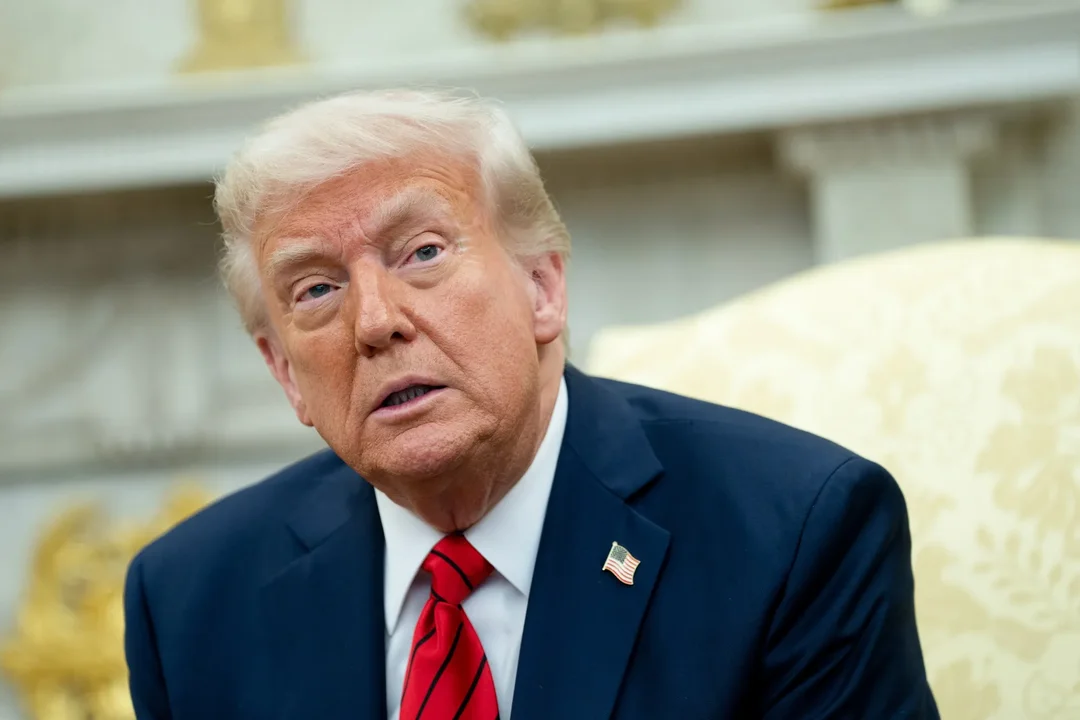
Could Upcoming Tariff Talks Reshape Retail Prices?
In an anticipated meeting scheduled for Monday afternoon, U.S. President Donald Trump is set to engage with representatives from major retailers to address the critical implications of broad-based tariffs on their businesses. This discussion, confirmed by a White House official, underscores the growing tension between trade policy and retail economics that could impact consumers nationwide.
The meeting will bring together top executives from retail giants such as Walmart, Target, Home Depot, and Lowe's, all of whom are significantly affected by the tariffs imposed, particularly on goods imported from China. Walmart's CEO Doug McMillon is confirmed to represent the company in these discussions, though Home Depot, Lowe's, and Target have yet to comment publicly on the meeting.
Analysts assert that the recent tariffs, which include a staggering 145% levy on imports from China, are expected to inflate the costs of everyday consumer goods. With many of these retailers importing over 50% of their products from China, the meeting could yield crucial insights into how these companies plan to navigate increasing prices and protect their profit margins amid such economic pressures.
The implications of these tariffs stretch beyond immediate price hikes; they have the potential to disrupt the stock markets, evidenced by the volatility seen in recent weeks as a result of Trump's trade announcements. Following his sweeping tariffs introduced on April 2 and the temporary lift on some duties after 90 days, but not including those on China, the retail environment has been anything but stable.
As significant players in the market, Walmart and Target's fluctuating stock values reflect the analysts' concerns. Walmart's stock has risen slightly by less than 2% this year, while Target's has suffered the most, dropping a dramatic 32%. Such figures raise alarm bells about the long-term viability of these companies if tariffs continue to exert pressure on their supply chains.
Trade relationships and tariff strategies play a pivotal role in shaping not just the current retail climate but also the future of consumer spending. The upcoming meeting is expected to address these vital issues and potentially lay the groundwork for mitigating the impact of tariffs on American families’ buying power.
As discussions around tariffs and trade continue, the outcome of Monday's meeting may be crucial in determining how these retailers and their customers adapt to changing economic conditions. Will we see a shift in pricing strategies, or will consumer goods remain under the thumb of increased tariffs? The answers to these questions could reshape the retail industry as we know it.
We invite readers to stay tuned for updates on this pivotal meeting and share your thoughts—how do you think upcoming tariffs will impact your shopping habits?